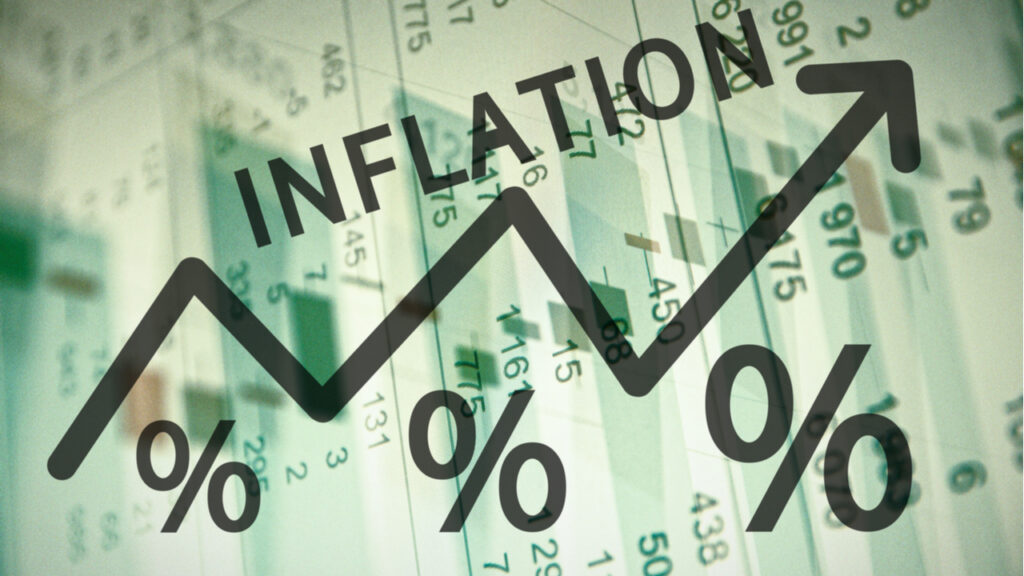
I’m trying to build my audience, so if you like this post, please share it on social media using the buttons right above.
The financial story of the past six months has certainly been inflation. After many decades of unprecedentedly tame inflation, starting this April inflation shot up and is now at over 6%. Four years ago I even made a pronouncement that “Inflation was dead”. How could I have been so wrong? Or was I?
To put things in perspective, let’s go back to 1992, after the US had “recovered” from the first Iraq war under the first President Bush. From then to last year, 1992 to 2020, 28 years, a generation, a lifetime in the investing world, inflation averaged 2.4%. Over those 28 years there were just six years where inflation was higher than 3%. Frankly, I think we got a bit spoiled.
How will this affect my investments?
But really, who cares about inflation, per se? What we really care about is how it impacts our investments and our retirement plans. When it’s all said and done inflation isn’t all that bad if your investments grow faster than inflation.
This year, inflation is at about 6%, but the stock market is up about 20-25% (depending on the day you look—wow it’s been a crazy market the last few days). That means the real return (stock return minus inflation), how much more “stuff” you can actually buy, is up about 15-20%. That’s an amazingly good year that investors will always take.
Typically when inflation is high that’s bad for the economy. There’s a lot of deep water there and economists much smarter than I are debating that all the time. But the chart below shows over long periods of time it’s not that simple.
| Stock return | Inflation | Real return | |
| 1950s | 18.2% | 2.0% | 15.8% |
| 1960s | 8.6% | 2.4% | 6.1% |
| 1970s | 5.7% | 7.1% | -1.3% |
| 1980s | 17.4% | 5.5% | 11.3% |
| 1990s | 19.4% | 3.0% | 15.9% |
| 2000s | -1.0% | 2.6% | -3.5% |
| 2010s | 13.8% | 1.8% | 11.8% |
The 1970s had the highest inflation, and that was a terrible time for the economy and therefore for stocks. But the 2000s were also a horrible time for stocks even though inflation was very low.
Inflation makes your portfolio riskier
As someone investing for their future, the problem with inflation is that it forces you into stocks. Stocks are a natural hedge against inflation because you don’t own pieces of paper with green ink (cash), or the promise to get pieces of paper with green ink in the future (bonds).
Rather you own “stuff”—real estate, buildings, patents, factories, etc. As the price of things go up, the very definition of inflation, the prices of those things you own also goes up.
But we know that stocks are much more volatile than bonds. That’s the rub. That’s what makes high inflation hard for investors.
It creates this precarious balance between hedging against inflation and having the proper asset allocation. It’s like you’re driving on a mountain road but now instead of the cliff just being on one side, it’s on both sides.
What to do?
The jury is still out on this, but things look precarious. I always tend to be more aggressive with asset allocation, so I’m 100% in on stocks, and that’s how I’ll keep it. But we’re in our mid 40s so we still have decades to ride out any nasty storms. If I was in my 60s it would be a much tougher decision.